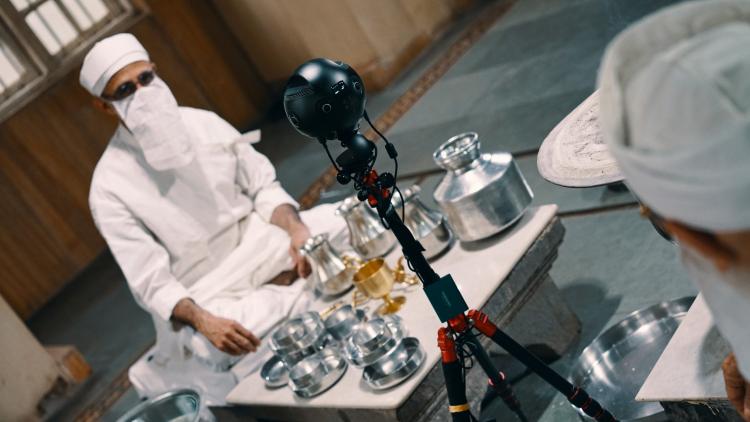Developments in Muslim Religious Thought

Key information
- Year of study
- Year 2 or Year 3
- Module code
- 158000188
- Credits
- 15
- Department
- Department of Religions and Philosophies
Module overview
This course, consisting of one weekly 2hrs lecture and an accompanying 1hr tutorial, builds up consistently on the foundations laid in the 1st year UG course “Islam: Foundations” (158000189). It is therefore strongly recommended that this course had been attended first, especially since there will only be very limited time for recapitulation. In two thematical blocs the development of Muslim religious and also political thought in different historical periods, ranging from the sixteenth century CE to the present, will be discussed in the light of variant social, political and economic developments that assumed increasingly a global dimension. In the second bloc, the focus is on Muslim responses to various contemporary challenges, e.g. gender-related debates and discussions on bio-ethical issues.
This course runs every second year, starting in 2015-16, and alternates with the 1st year UG course “Islam: Foundations” (158000189).
Prerequisites
Islam:Foundations-158000189 (strongly recommended)
Objectives and learning outcomes of the module
At the end of the course, a student should be able to demonstrate…
- a foundation-level knowledge and understanding of the historical development of Islam, its doctrinal foundation, and a range of approaches to its authoritative textual basis;
- a clear understanding of the difference between a faith-based approach to the subject matter, and the historical-critical one of Western academia;
- an awareness of some of the important issues and debates within the Study of Islam;
- an ability to find and use books, journals and other sources of information relevant to the matters at hand;
- general undergraduate skills, e.g. in writing, critical thinking and argument, necessary for the academic study of a religion within a Study-of-Religions framework.
Workload
Two hours lecture, one hour tutorial
Method of assessment
One 3 000 words essay (worth 50%);one 3 000 words book review ( worth 40%); reaction papers to tutorials (worth 10%) (cannot be re-submitted).
Disclaimer
Important notice regarding changes to programmes and modules


